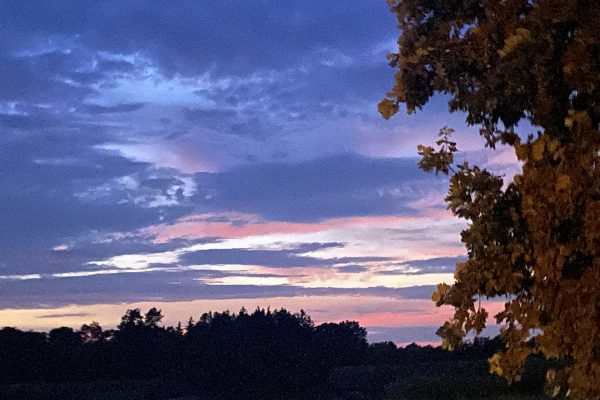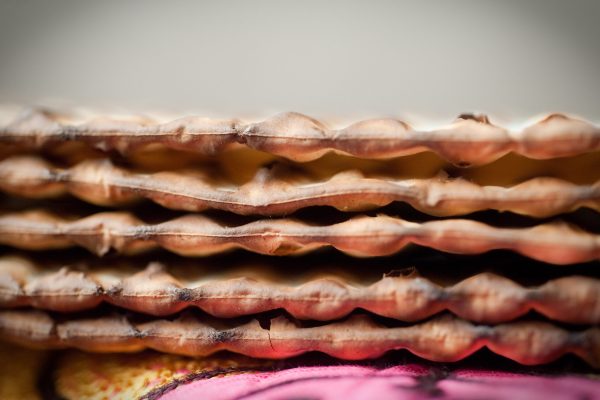We count the Omer for seven weeks, 49 days:
The loving kindness and benevolence of Hesed;
The strength and holy limitations of Gevurah;
The spiritual balance and beauty of Tiferet;
The eternal endurance of Netzach;
The prayer and intellectualism of Hod;
The gateway of Yesod, collecting all of these sefirot and transmitting them to
Malchut, the end of the chain, our human world.
Malchut of Malchut – It is the culmination.
This is where we live, this is the here and now,
God’s name in Malkhut is Adonai Ha-Eretz, Lord of the Earth.
But in Malchut we are ALL the lords of this realm,
We are one in the One-ness.
These are our laws, our nations, our communities, our religions,
These are our choices, our mistakes, our kindnesses, our glory,
We are the rulers, here.
So here’s a prayer for this world of Malkhut and all of us Jews
Of all colors and kinds
In the last day of the Omer,
Making our choices,
Hanging out at the foot of Mount Sinai,
Deposited here by seven sefirot and 49 days of counting,
Waiting to receive Torah:
Baruch Ha-Mavdil,
Blessed is the One who Divides,
Giving us the illusions
Of time and space
Of 49 days and seven weeks
So that we may grow and learn
And take joy in the moment,
So that we may rest on Shabbat
And not go crazy,
So that we may, when it’s time, start dancing.
We give thanks for this seventh week of the Omer
And the metaphor and earthiness of Malchut,
Which gathers us up in culmination and community
And takes us to Shavuot,
To study the choices of Ruth and Naomi
And join with all those waiting
For the gifts of Mount Sinai.
Blessed Wholeness
And the joys of holy separation!
We are many and we are gloriously unique
But we are also one in the One.
Please, may we not divide ourselves against ourselves
So together, different and the same,
We may look upon God’s back.
So together, different and the same,
We may pray, study, create,
Commit acts of lovingkindness, heal the world, forgive and be forgiven,
And receive Torah.
And let us say,
Amen.
An earlier version of this poem appeared at http://kolotchayeinu.org/Anti_Racist_Omer-Counter.











